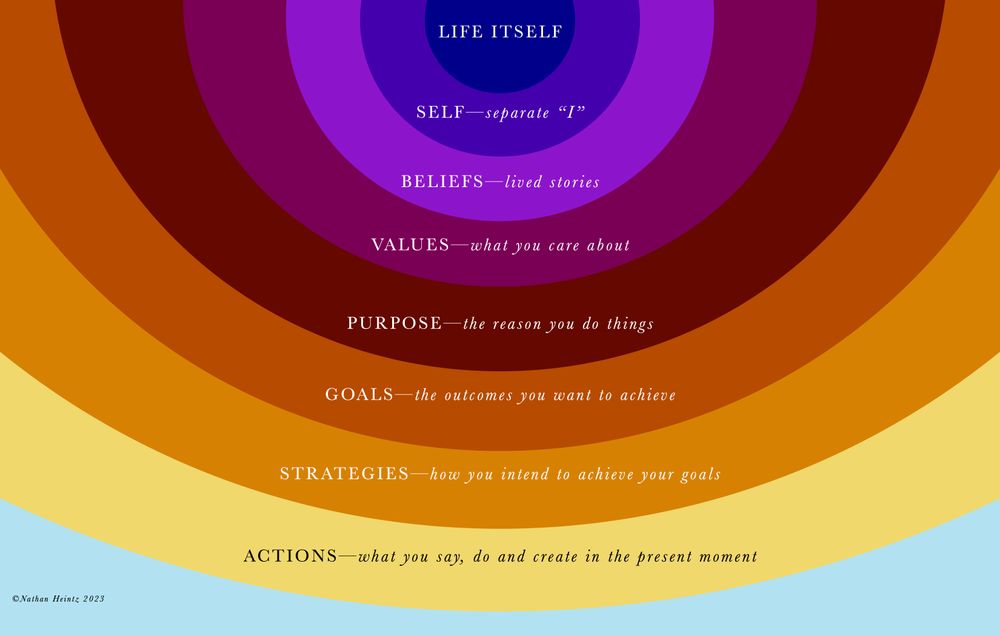A lot of people advocate for an "action-first" paradigm, in life and work. This is the essence of Design Thinking, and the a core element of contemporary business and marketing theory: They say "Fail early. Start doing it now. Don't wait until you know what to do. You can't know what works until you try. So just grab whatever's closest, and go. Then you can see what you like or don't like. Get it out there and see what works and what doesn't."
This is good advice at first glance. But there's also a problem with it.
This approach ignores the importance of strategic thinking. It assumes that you have a really sound starting point, and you know where you're going. So it ignores one of the most important phases of work: setting your initial direction, and thinking twice before you act.
It's understandable that people would advocate for an "action first" paradigm. After all, a lot of people get stuck in their thoughts and fail to take any action at all. If you ignore the "doing" part, none of your strategic thinking will bear any fruit. So strategic goals are clearly not more important than taking action, but they are equally important. A failure to take the time to think strategically up front can have catastrophic negative impacts on your life and work.
For example, if you fail to set a clear direction that's aligned with your deeper drives, you're likely to go in a direction that you don't actually want to go. You might end up doing something that you don't enjoy, or believe in. You end up trapped in a prison of your own creation.
Or you might end up going in multiple directions at once, and make very little progress on any one thing. When you have a complex ecosystem of interests and drives, and your work is about synthesizing those different parts, this problem is particularly important to watch out for. What exactly to do to move your entire situation forward may not be clear. If you take action in any one direction, you risk leaving the other threads behind.
Another risk is that people without a clear direction have a tendency to go along with what others value, and get stuck on the surface level of their life or work. They'll buy into some image of success. Or they'll go along with an image of what particular kind of work or organization should look like. They won't question where those image comes from, or look at the deeper layers of their motivations. If you don't think things through, it's easy to end up towing the party line of a materialist society, or doing someone else's work, instead of making actual progress towards what you actually want to achieve.
For all of these reasons, it's absolutely worth it to stop—and think twice—before taking action.
By taking the time to think about your direction, your goals, and your strategy, you can gain a deeper level of clarity about what kind of action is going to take you where you want to go. You can get clear on what kinds of actions you want to test, and think through what that will take.
You can also see in more clarity the details of the environment that you're operating in. This can help you get a sense of the barriers, challenges, competitors that you're likely to encounter. You can come to the playing field equipped with the right tools.
And if you further test and refine your strategic goals and ideas with experienced people who you trust, you can avoid operating in an echo chamber. This can save yourself huge amounts of time, by incorporating the wisdom and insight before you launch your work.
If you approach setting strategic goals as a crucial part of your work and give it the time for clarification and development that it deserves, your work has a much better chance of being an engine of impact that moves in the direction that you want to go.
In this way clear strategic goals set you up to take the most effective action possible. This in turn, sets you up to optimize your processes over time for the outcomes that you actually want.
If you like this post, you might also enjoy "How To Set The Right Strategic Goals"








